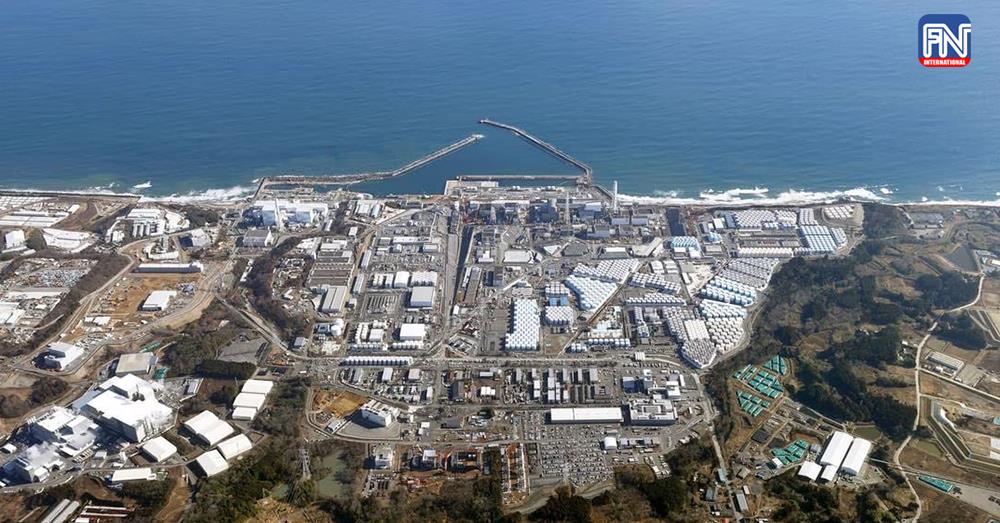TOKYO, Aug 24 (Reuters) - Japan will start releasing treated radioactive water from the wrecked Fukushima nuclear power plant into the Pacific Ocean on Thursday, a plan that has drawn heavy criticism from China and seafood import bans.
Japan has maintained that the water release is safe. The International Atomic Energy Agency (IAEA), the U.N. nuclear watchdog, also greenlighted the plan in July saying it met international standards and the impact it would have on people and the environment was "negligible."
Still, Japanese fishing groups said they feared the release would lead to reputational damage.
And despite such assurances, Hong Kong and Macau - both Chinese-ruled regions - said they will implement a ban on Japanese seafood from regions including the capital Tokyo and Fukushima starting Thursday. China will also take necessary measures to protect marine environment, food safety and public health, the foreign ministry said on Wednesday.
Foreign ministry spokesperson Wang Wenbin has called the move "extremely selfish". He said China was deeply concerned about the decision and had lodged a formal complaint.
South Korea's majority opposition party and civic groups around the country stepped up protests on Wednesday against Japan's plan. President Yoon Suk Yeol's government has come under criticism for saying that its own assessment found no problems with the scientific and technical aspects of the release.
Hong Kong Chief Executive John Lee called the discharge "irresponsible" and said the city would impose import controls covering live, frozen, refrigerated, dried seafood, as well as sea salt and seaweed.
